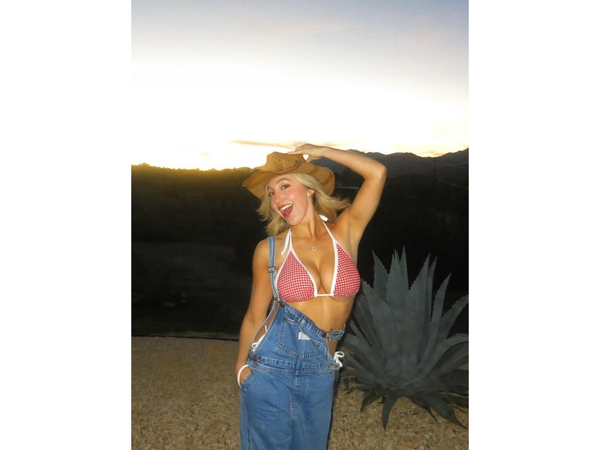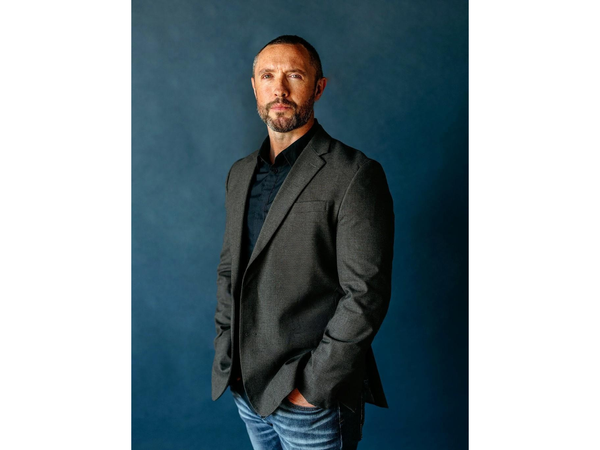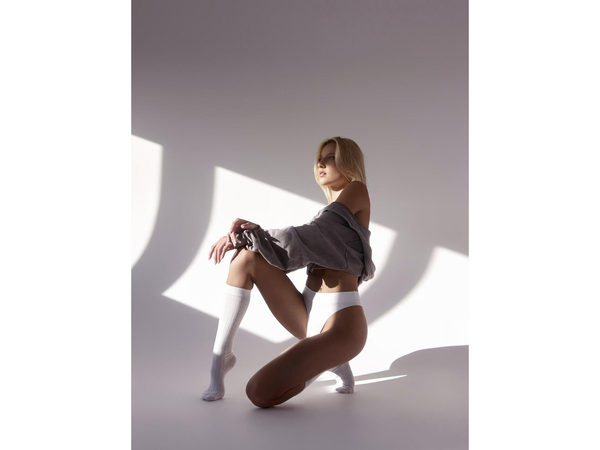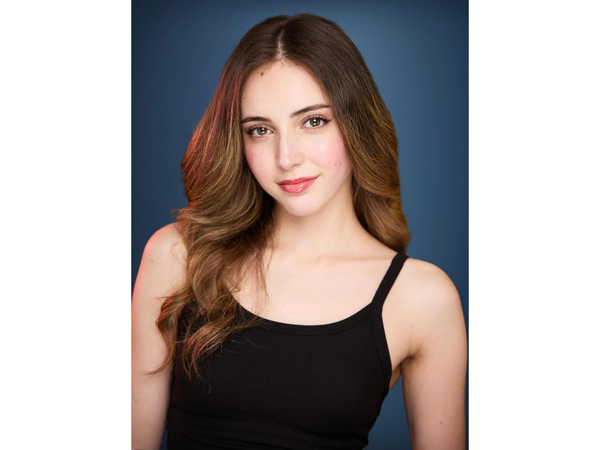ALEXANDREA MEYER TALKS BEAUTIFUL FRIEND
"We would comfort each other between takes"
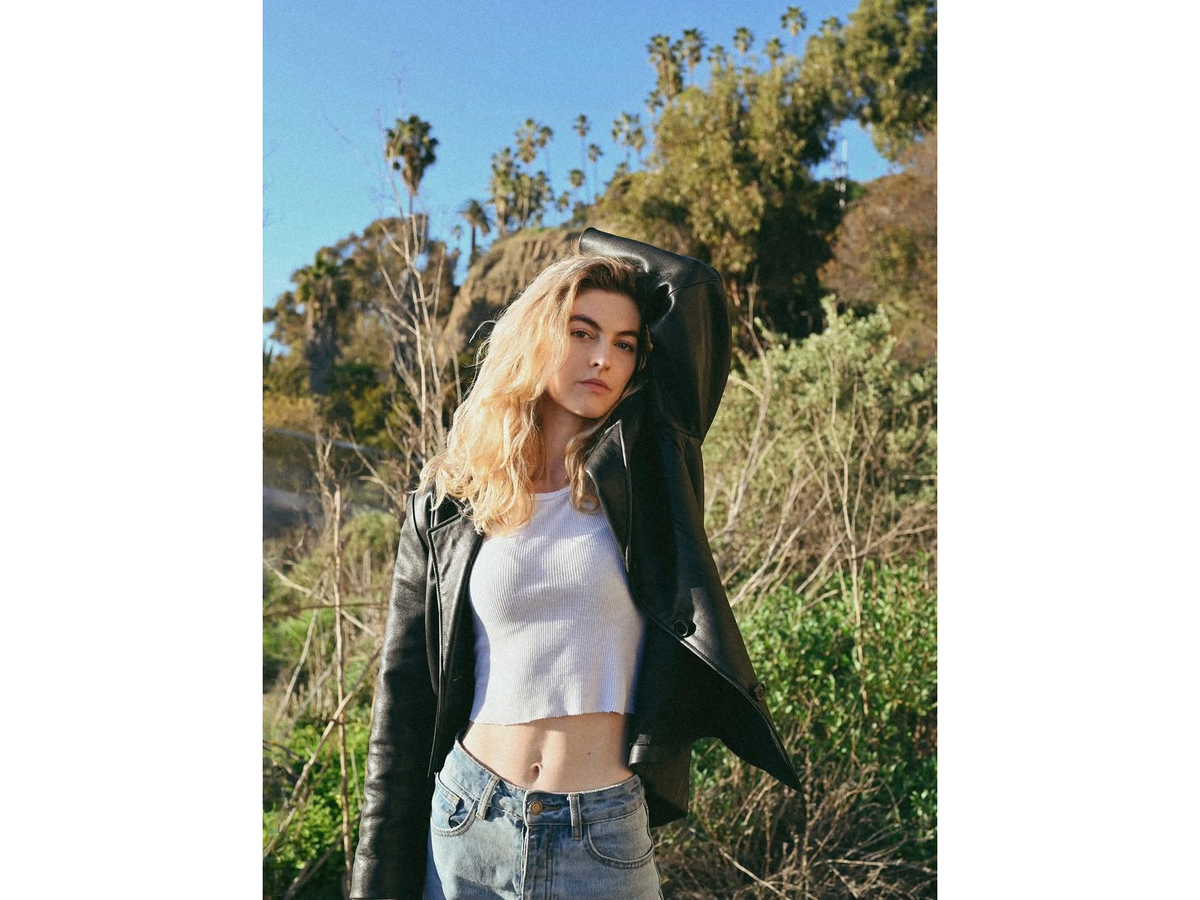
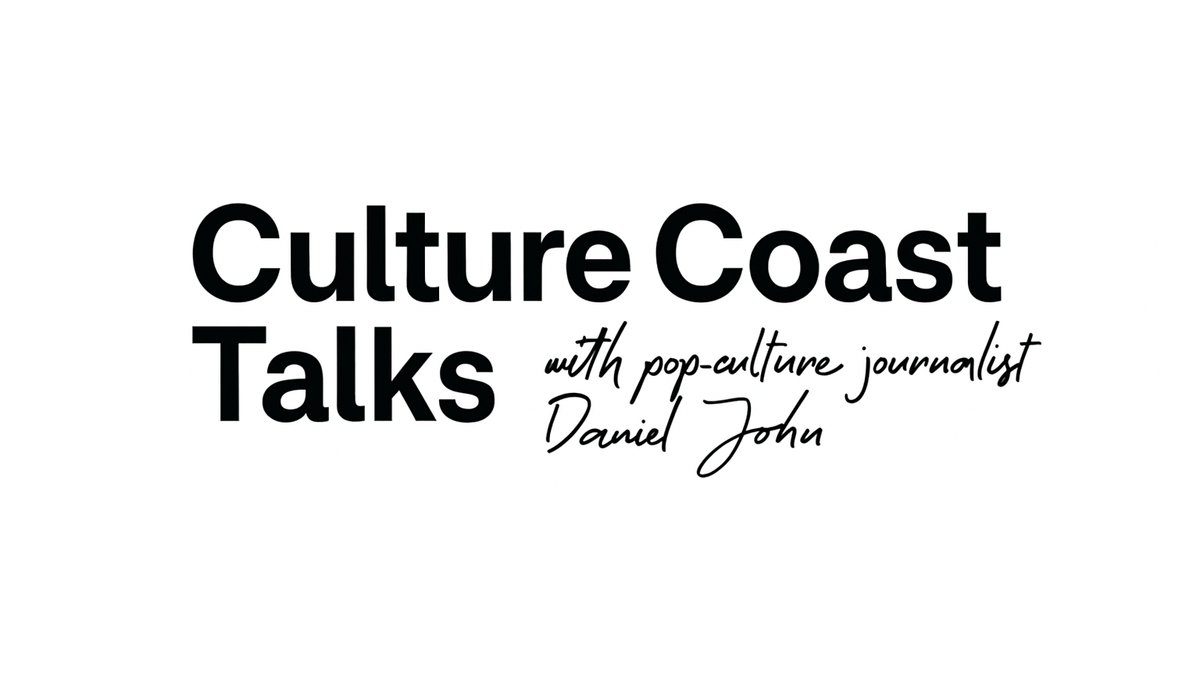
While its raw, unsettling and uncomfortable nature undeniably hits hard that is, of course, also the point. It’s heartbreaking to witness. Reading this screenplay, what was it that you were unable to turn away from?
Reading through the 'Beautiful Friend' script for the first time I felt involuntarily attached to Madison. Despite being the female lead, her lines of dialogue are minimal, and most of her experience is nonverbal. As an actress, that was an intriguing performance challenge. How do you properly tell a character's story when your mouth is covered and your hands are bound? How do you offer a complete persona to someone who barely speaks? How do you honor her experiences, her life, and her pains? In my curiosity, I realized something, the desire for truth in Madison's portrayal was an absolute necessity, and taking on Madison's role was an honor and an enormous responsibility. But more than anything, I wanted to play Madison because I understood her for many reasons. I felt deeply connected to her pain and loneliness. I related to her fears and desperation. I know loss. And I know survival. Perhaps, by honoring her experience honestly and accurately, I would make her invisible pain visible. And then maybe someone, somewhere, would watch this film and realize they were not alone.
Madison Richards is forced to exist on someone else's terms. Do you, not least in an emotionally heavy role such as this prefer to explore a character by relating yourself to her, or to separate yourself from the character entirely?
It's impossible to separate character and actor. However, as a Meisner-trained actress, I follow my training techniques and strive to realize "the ability to do truthfully under imaginary circumstances." My approach varies depending on how close or far the character is to the self. For Madison specifically, I shared a history of circumstances that allowed me to understand her emotional life almost immediately. That shared understanding and instantaneous connection may seem like a gift, but it can also signal danger. The danger is having your real-life emotions and histories reawaken through the character's performance. Despite relying on my vivid imagination and intentionally avoiding using my history, much of it reawoke with Madison. And after filming, it took quite some time to reassemble. But to answer your question, performing characters, particularly ones surrounded by darkness, requires ample support from your fellow filmmakers, consistent therapy, and emotional awareness to stay healthy throughout and after filming is wrapped.
Do you regret doing it?
Not for even a second.
Would you do it again?
Absolutely. But next time, with more preparation and support.
I've had Hallmark rom–com actors talking about finding safe space with other actors due to the often limited time together before being on set. What did you and Adam Jones do to find that trust with this material?
Like many ultra-low-budget, and non-union, independent feature films, our production did not have the resources to provide much comfort or support. We knew this before signing on. However, a project with this intensity and subject matter is hard to imagine before shooting. And so, what seemed fine at the onset became challenging during filming. I met Adam Jones the week before filming and instantly felt more at ease. He is the kindest, most gentle soul of a human being. He is generous and he is empathetic. He understood the risks of this project as profoundly as I did. So, we decided to become best friends. That week, we spent many hours together. I met his partner and his dog. We dined. We drank. We laughed. We bonded and prepared ourselves for everything to come. During filming, we were each other's lifelines. We would comfort each other between takes and advocate for each other when necessary. I have immense gratitude and deep respect for Adam, we leaned on each other for safety and sanity, and while it had its challenges, we grew from the experience. Madison and Daniel wouldn't exist without the friendship between Alexandrea and Adam. That is a fact.
How did you get into acting?
My journey into acting originated through singing. I started performing with the San Francisco Girls Chorus at eight. It was rigorous and I continued as a Soprano I through level IV. As a young teenager, one of my private singing coaches sat me down and, with radical honesty, changed my path with one conversation. He told me that while I was talented and could one day sing in the Opera as a coloratura, I would have to work harder than everyone else in the room and might never be great. Then he asked if there was anything else I loved that I might want to pursue instead. I was in complete shock. I had never had an adult speak to me with such directness and didn’t know how to respond. A month later, after much reflection, I decided not to pursue the Choir’s professional level and left the San Francisco Girls Chorus. That choice led me on a multi-year exploration of the performing arts and ultimately, to acting, a discovery that changed everything. Looking back, I have enormous gratitude for my vocal coach’s honesty. It led me here!
You also have another film which similar to this has seen continued life in the international film festival circuits, ‘Love You Forever’. A film in which you are not only the lead but also made your writing and directorial debut with?
Yes, that's right! 'Love You Forever' is my directorial debut, I also wrote it and starred as the lead, Shannon. Led by a talented team of predominantly female filmmakers including Olivia Kimmel who handled cinematography, she graduated from the American Film Institute in 2022, and Elodie Ichter from The Mill took care of color grading, with credits including 'Okja', 'Nomadland', and 'Shōgun'. 'Love You Forever' blends experiential drama and psychological horror. It explores the definition of motherhood and aims to accurately capture the torment of female madness, enraptured with invisible pain.
As you mentioned, the film is midway through its festival circuit! At our world premiere at NOT Film Fest in Italy I won Best Performance by an Actress for my role as Shannon. Our film then traveled to Oldenburg International Film Festival in Germany, a full-circle moment for me as I had attended last year for the world premiere of 'Beautiful Friend' and was awarded the Seymour Cassell Best Actress Award for my lead role as Madison. Since then, our film has traveled to several other great festivals, an incredible honor, and we hope to continue sharing it with audiences worldwide!
With all the hard work and tough love it takes to bring any movie to fruition, what does it personally make you feel seeing your craft up on the big screen?
It's surreal, and I don't think I'll ever get used to it! During my first big-screen viewing of 'Beautiful Friend', I dissociated for most of the film. I was unbelievably nervous. It took a second, or even third, viewing to process it fully. I couldn't believe that a dream of mine was actually happening, and I still can't, every single time. I'm unsure how to describe the feeling, but it's incredibly moving. It validates the immense love and labor poured into a project. And there's nothing more exciting than sharing your film with others. This response still feels incomplete, and maybe it always will. Perhaps one day, I'll have a more eloquent answer, but I hope to continue experiencing it throughout my life and career.
What is it that you at the very core want to explore telling stories, be it standing behind or in front of the camera?
My call to storytelling derives from my determination to visualize the invisible. I want to capture the undiscussed feelings, the taboo experiences, and the hidden pains that permeate human existence. Most importantly, I am a filmmaker creating in the pursuit of connection. Loneliness, I believe, is life’s greatest danger. And for those who have danced with melancholy, I imagine you agree. No single person is truly alone. Everyone deserves connection. Every human merits recognition. Suffering is everywhere, in everyone. It is inevitable. But in its inevitability is the opportunity to connect. I vow to create with audacious vulnerability, and in my storytelling, I will not allow suffering to metastasize or go unseen. No one is invisible.

